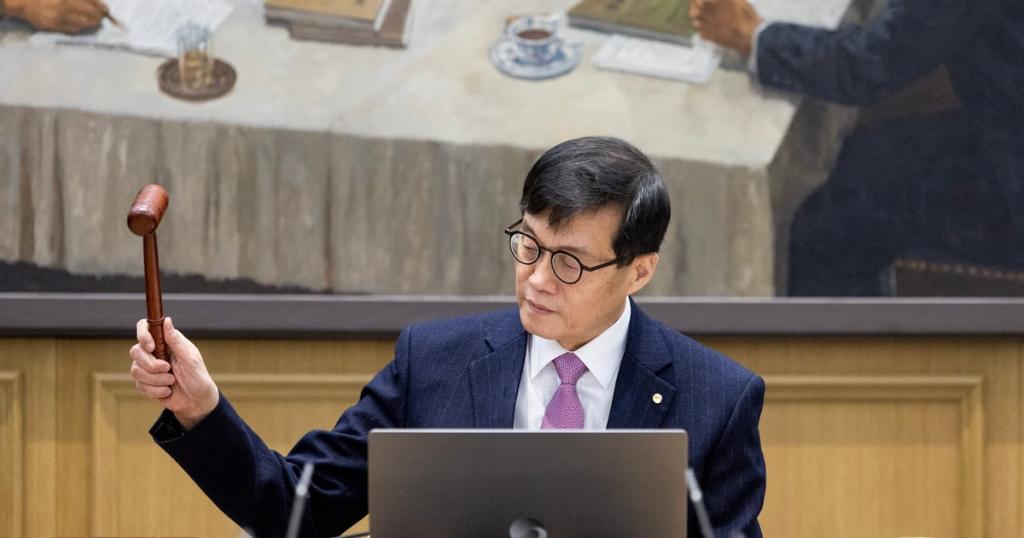Rachel Reeves Faces Economic Turmoil and Rising Borrowing Costs
Chancellor Rachel Reeves confronts rising borrowing costs and political pressures while seeking to stabilize the UK economy through strategic reforms.
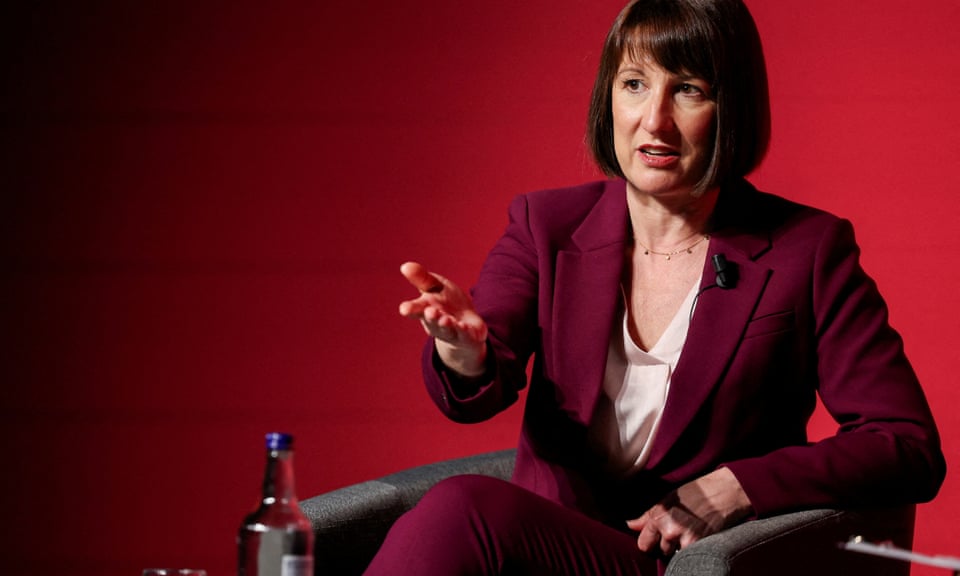
Key Points
- Rising UK borrowing costs and a declining pound challenge Chancellor Rachel Reeves
' efforts to stabilize the economy and maintain fiscal discipline.
- External factors, including global inflation and potential policy changes from the US, exacerbate the UK’s economic pressures and complicate Reeves' financial strategies.
- Reeves must navigate political pressures and consider options like spending cuts and tax reforms to ensure sustainable economic growth while avoiding austerity.
The UK finds itself at a critical juncture under the leadership of Chancellor Rachel Reeves, who is grappling with rising borrowing costs, a declining pound, and intense political scrutiny. As she prepares to reinforce economic ties through her upcoming visit to China, the reality back home poses significant challenges that could redefine her tenure. Amid these turbulent waters, how Reeves navigates the fiscal landscape will be paramount for the UK’s economic stability.
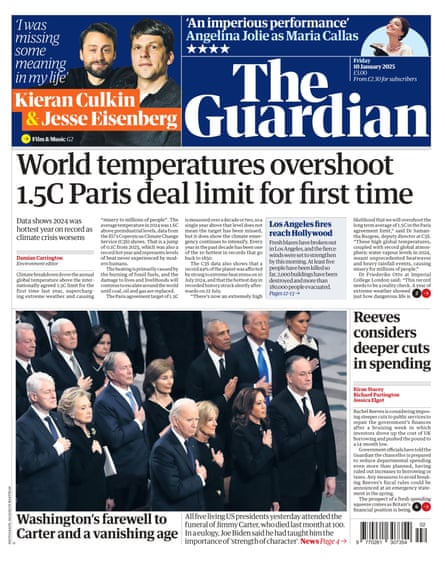
Recent economic indicators have signaled serious trouble: borrowing costs have surged to their highest levels in over 16 years, and the pound has plummeted to a 14-month low against the dollar. These conditions are not just numbers on a screen; they represent the financial strain on households and businesses across the nation. The implications of such financial turbulence are far-reaching, threatening to undermine the Chancellor’s fiscal rules and broader economic strategies.
Understanding the Numbers
The situation is illuminated by the data surrounding UK government bonds, known as gilts. As yields on 10-year gilts soar, the cost of financing the national debt—currently standing at a staggering £2.6 trillion—continues to grow. The yield has ticked upwards primarily due to investor uncertainty driven by global trends, particularly the anticipated fiscal policies of
’s potential presidency. Critics argue this "bond market sell-off" reflects a lack of confidence in the UK's economic foundation, further complicating Reeves’ fiscal efforts.
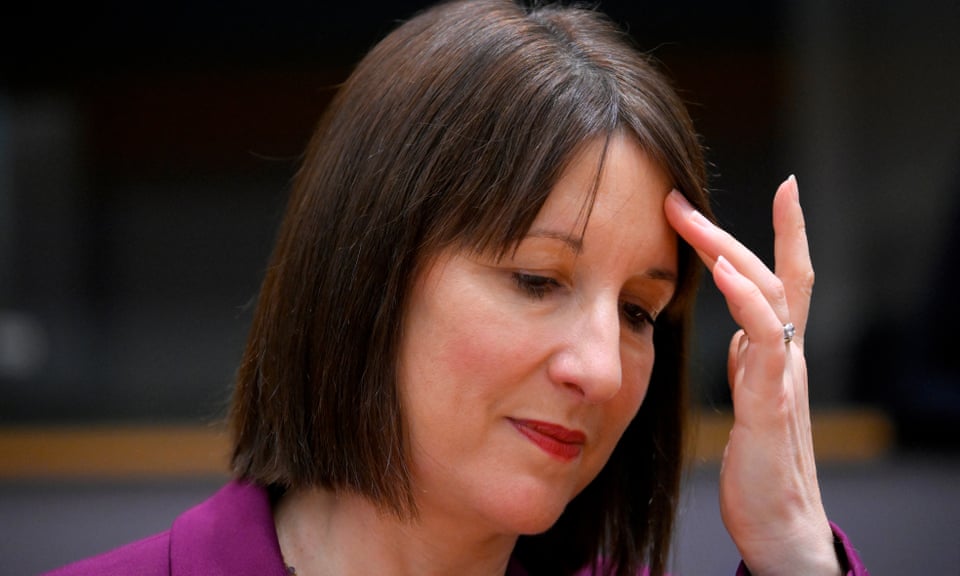
What does this mean for the government's approach? Increased borrowing costs will directly impact their capacity to fund essential services, potentially leading to cuts in public spending. The Chancellor has previously committed to maintaining fiscal discipline, and with calls for austerity looming, the path ahead could become increasingly difficult. In the face of rising pressure, Reeves must carefully balance her promises to avoid austerity while ensuring financial stability.
Political Pressures and Public Perceptions
Reeves' challenge is compounded by political dynamics. As her Labour government contends with accusations of failing to manage the economy, public trust is waning. Reports indicating a dip in consumer and business confidence following Reeves' announcement of national insurance increases have sparked concerns about a feedback loop of economic decline. The criticism isn’t unfounded, as tangible impacts on household budgets become apparent, leading to calls for policy revisions.
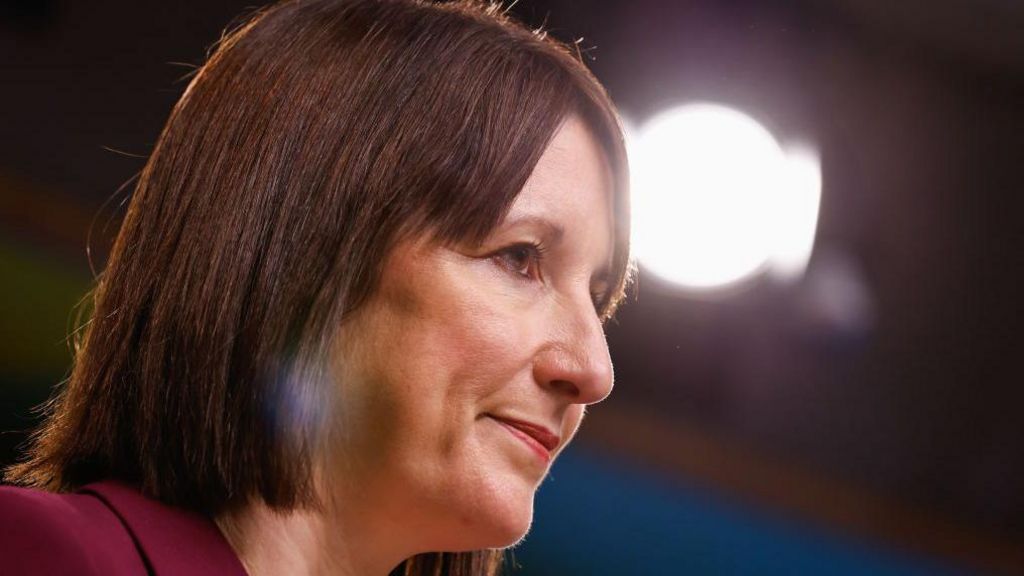
However, it is essential to look beyond domestic factors. The economic challenges are part of a larger global picture. Across countries, inflationary pressures are rising, affecting consumer behavior and threatening economic growth. While Reeves aims to foster stronger trade relations with countries like China, the external economic landscape may pose constraints on her efforts for sustainable growth. Engaging with international markets must be part of a holistic approach to bolster the UK’s economic resilience.
Looking Ahead: Strategic Options for Stabilization
So, what strategies can the Chancellor employ to steer Britain through these tumultuous times? Experts suggest several possible routes, including:
Each of these options carries its specific set of consequences and risks, especially in a political environment that is already sensitive to public sentiment.

As Chancellor Rachel Reeves embarks on her high-stakes trip to China, the eyes of the UK—and indeed the world—are upon her. The outcomes of her discussions and subsequent economic strategies will define not just her legacy, but the economic wellbeing of the British populace for years to come. The stakes are high, and while optimism is vital, tangible actions rooted in sound economic principles will be crucial in turning the tide. It is indeed a pivotal moment for Reeves, and one that could reshape Britain’s fiscal landscape significantly.


